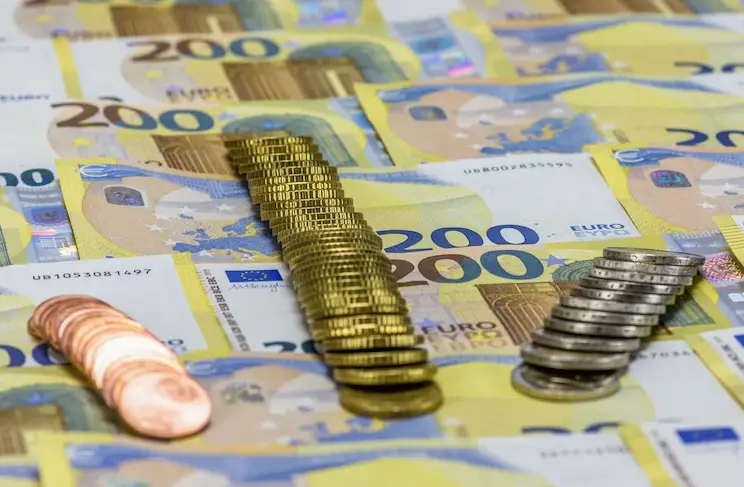In an effort to allay the fears of citizens that the right to use paper money and coins might disappear in a shift to a cashless society, Austrian Chancellor Karl Nehammer has proposed that the Austria include a right to use cash in the nation’s constitution.
In a three-point plan introduced on Thursday, the Austrian constitution would see a provision added which would guarantee a right to cash, and the national bank would be required to supply the requisite cash flow capable of sustaining a cash economy. In addition, the nation’s bankers would be required to locate outlets within a reasonable proximity to citizens, so that payments using cash would be feasible for all citizens.
In a statement, the chancellor said, “More and more people are worried that cash could be restricted as a means of payment in Austria. In Austria alone, €47 billion (nearly $52 billion) is withdrawn from ATMs every year and, on average, every Austrian carries €102 in cash.”
He added that in Austria, 67% of payments below €20 (about $22) are made in cash.
Nehammer explained, “Cash is elementary as a means of payment. It is important that we create an unambiguous legal framework in order to secure it accordingly,” and that, “everyone should have the opportunity to freely decide how, and with what, they want to pay.”
The chancellor has appointed Finance Minister Magnus Brunner to implement the plan. Additionally, in September there is a roundtable planned, assembling relevant ministries, industry representatives, and the national bank, which will examine strategies to implement the plan.
Although cash payments have grown in popularity across many European states, in Austria, as in Germany, there remains considerable attachment to the freedom to use cash, especially for small, everyday items.

